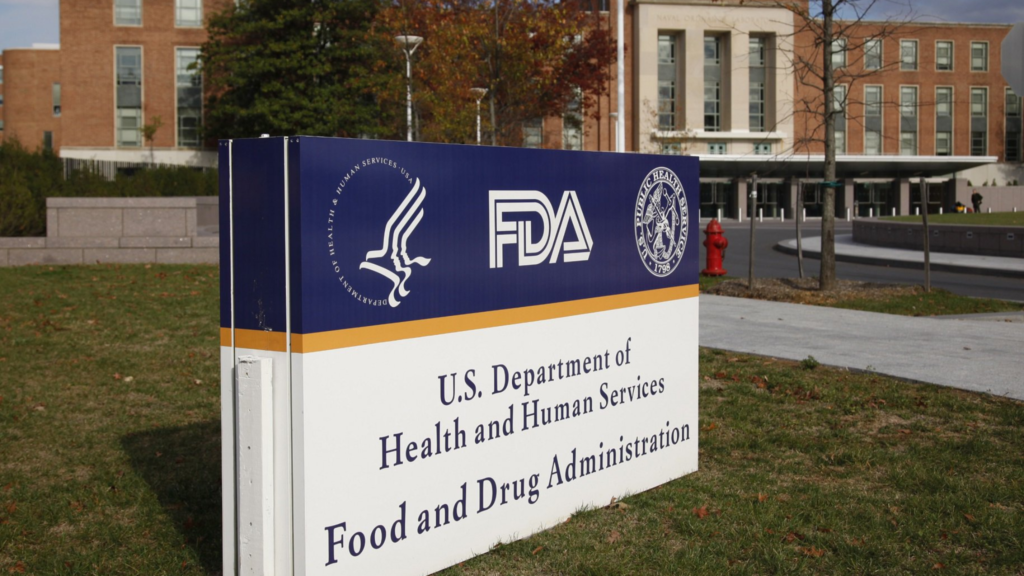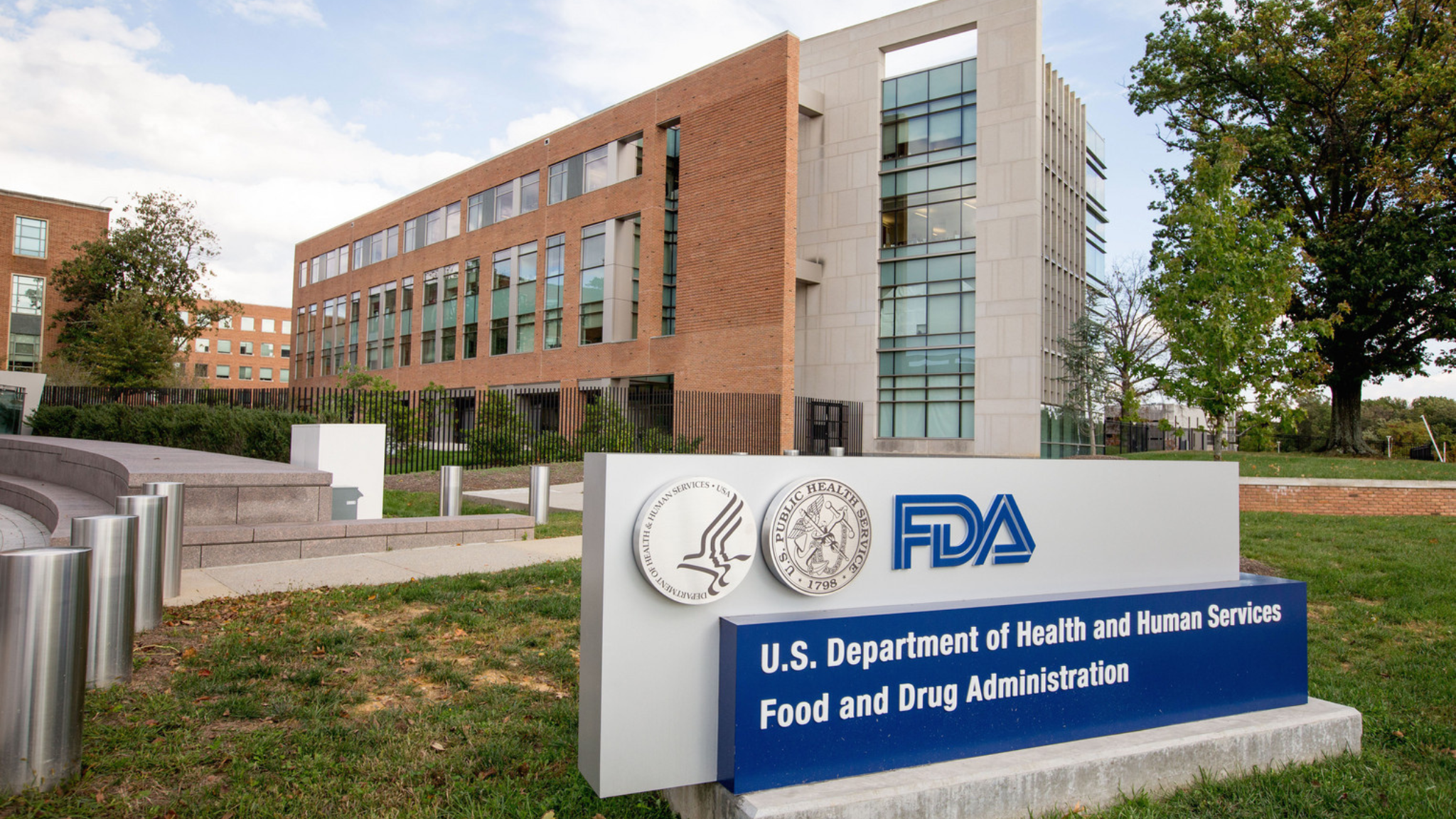Health Ranger Report Under FDA Scrutiny Over Medical Claims
The Health Ranger Report has aired 3,258 episodes since its debut on February 8, 2017. This show has become a major voice in alternative health media.
The show’s creator Mike Adams, known as The Health Ranger, draws attention by promoting controversial health claims and products.
Such health-related content affects people’s trust in institutions deeply – research reveals 68% of Americans share this view. Public health faces unique challenges because 45 million American adults read below a fifth-grade level, which makes unverified health information spread easily.
These concerns become crucial during health crises when people need accurate medical information to stay safe.
FDA Launches Investigation into Health Ranger Claims

The FDA started a complete investigation into the Health Ranger Report’s marketing practices and product claims.
Federal regulations don’t require FDA registration or approval before dietary supplements hit the market. The manufacturers must still follow strict rules about marketing claims and product safety.
The Dietary Supplement Health and Education Act bars supplement makers from claiming their products treat or prevent specific diseases.
FDA found many cases where the Health Ranger Report broke these rules by making unproven medical claims.
Health Ranger Report: Multiple Violations Identified in Health Ranger Report
The investigation uncovered several troubling practices. Health Ranger Report’s supplement marketing materials made claims about treating cardiovascular diseases and other medical conditions.
Lab tests also showed dangerous levels of heavy metals in some products. Lead concentrations were three times higher than those observed in the Flint, Michigan water crisis.
Supplement Marketing Under Scrutiny
FDA’s review targets marketing practices that go beyond legal limits for dietary supplements.
Supplement makers can make general wellness statements with a required disclaimer: “This statement has not been evaluated by the FDA. This product is not intended to diagnose, treat, cure, or prevent any disease”.
The agency takes these actions to protect public health. FDA looks at both immediate and future effects of rule-breaking when deciding how to respond. The investigation also shows bigger issues with supplement industry oversight.
Makers of new dietary ingredients only need reasonable proof of safety, unlike the strict clinical trials needed for pharmaceutical products.
Health Ranger Store Receives Warning Letter
Federal regulators sent a formal warning letter to the Health Ranger Store about multiple violations of dietary supplement regulations. Mike Adams’s store faced scrutiny for marketing products with unproven health claims.
Health Ranger Report: Unproven Medical Benefits
The warning letter revealed several troubling practices. The Health Ranger Store made unauthorized claims about their products that could treat specific medical conditions.
These claims went beyond legal limits for dietary supplements because manufacturers can’t market supplements as disease treatments without FDA approval.
Product Safety Concerns Surface
Lab tests showed significant safety issues. The Health Ranger Store promotes its own testing facility, CWC Labs, and claims it analyzes products for heavy metals and other contaminants.
All the same, independent FDA testing discovered issues with product safety and quality control. Current regulations require dietary supplement manufacturers to show reasonable evidence of safety for new ingredients, though clinical trials aren’t mandatory.
Response from Mike Adams
The Health Ranger Store defended its practices through customer testimonials and quality assurance claims. The company states that all product lots go through lab testing for heavy metals, microbiology, and other contaminants.
They emphasized their ISO 17025 accredited testing procedures. The company pointed to its policy that avoids ingredients from China. Their steadfast dedication to product safety shows through internal quality control measures.
The store’s response included details about its “Food Forensics” testing program that looks at over 800 different foods for various contaminants. These statements didn’t resolve FDA’s concerns about unproven medical claims and product safety.
Social Media Platforms Review Health Ranger Content
Social media platforms have stepped up their watch on the Health Ranger Report’s content due to growing concerns about health misinformation.
Facebook took action and banned posts with links to NaturalNews.com, NewsTarget.com, and Brighteon.com in May 2020.
Health Ranger Report: Platform Policy Violations
Researchers found a huge network of Health Ranger-affiliated content across platforms. The team uncovered over 400 affiliated domains that pushed various content.
These domains worked through multiple Facebook groups like ‘GMO Dangers,’ ‘Amazing Cures,’ ‘Food Freedom’ and ‘No Fluoride’. The reach was massive – 15 Facebook groups and pages pushed 9,097 links to Natural News-affiliated domains in just three months.
The content spread through various channels:
- Homestead News
- Collapse News
- Bugout News
- National Security News
- Prophecy News
Content Moderation Challenges
Social media companies now face their biggest problems in managing health-related content. Platforms hire tens of thousands of content moderators through subcontractors in India and the Philippines instead of just using automated systems.
These moderators must make quick decisions while they process thousands of posts each day.
Content moderation has grown more complex over time. Moderators must assess posts against platform rules while meeting strict quotas with high accuracy.
Platforms found that moderators suffered substantial psychological effects from constant exposure to problematic content after stricter health information policies took effect.
The challenge goes beyond just removing individual posts. Reactive moderation falls short when dealing with big networks of connected domains.
New tactics popped up to bypass platform restrictions even after platforms removed multiple Health Ranger-affiliated pages.
Consumer Protection Groups Raise Red Flags
Consumer protection organizations worry about the dietary supplement industry’s explosive growth. The market expanded from a USD 4 billion market with 4,000 products in 1994 to over USD 40 billion with 80,000 products today.
Questions About Supplement Industry Oversight
The FDA’s power to regulate these products stays limited by law. This lack of oversight has created major safety problems.
Research shows that supplements caused over 15,000 health problems between 2004 and 2013. These included 339 deaths and nearly 4,000 hospital visits.
The monitoring system faces big hurdles:
- The FDA’s system catches only 1% of all adverse events
- Most mild events (64%) turned out to be serious adverse events
- About 50,000 adverse events happen yearly in the United States
Health Ranger Report: What This Means for Public Health
Health impact studies help us understand what supplement products do to people’s health. These studies look at both short and long-term effects on at-risk groups.
The public health concerns run deep. Studies show one in twelve U.S. adults takes botanical supplements that can harm their kidneys.
The risk gets worse because 72 million supplement users take prescription drugs too. This creates dangerous supplement-drug interactions.
Consumer protection groups point out that many Americans don’t know these risks. A Harris Poll revealed half of U.S. residents think the government approves dietary supplements.
Two-thirds believe labels must warn about dangerous side effects. This misunderstanding has pushed more people to demand stronger oversight and better consumer education.
Conclusion
The Health Ranger Report case explains major problems in the dietary supplement industry.
Federal regulators found many violations – from unvalidated medical claims to dangerous levels of heavy metals in products. Social media platforms took swift action by banning Health Ranger content on hundreds of domains because of health misinformation.
Lab tests showed serious safety issues. The Health Ranger Store defended itself by claiming strong quality assurance measures. The supplement market has grown ten times larger since 1994, but regulatory oversight hasn’t kept pace.
Consumer protection groups share worrying numbers. Between 2004 and 2013, supplements caused 15,000 health problems and 339 deaths.
Americans believe the government approves dietary supplements before they reach stores. This false belief becomes dangerous when 72 million supplement users also take prescription medications.
The case shows why people should research thoroughly and talk to healthcare providers before using supplements. Without a doubt, better oversight and improved consumer education would protect public health as the supplement industry grows rapidly.


